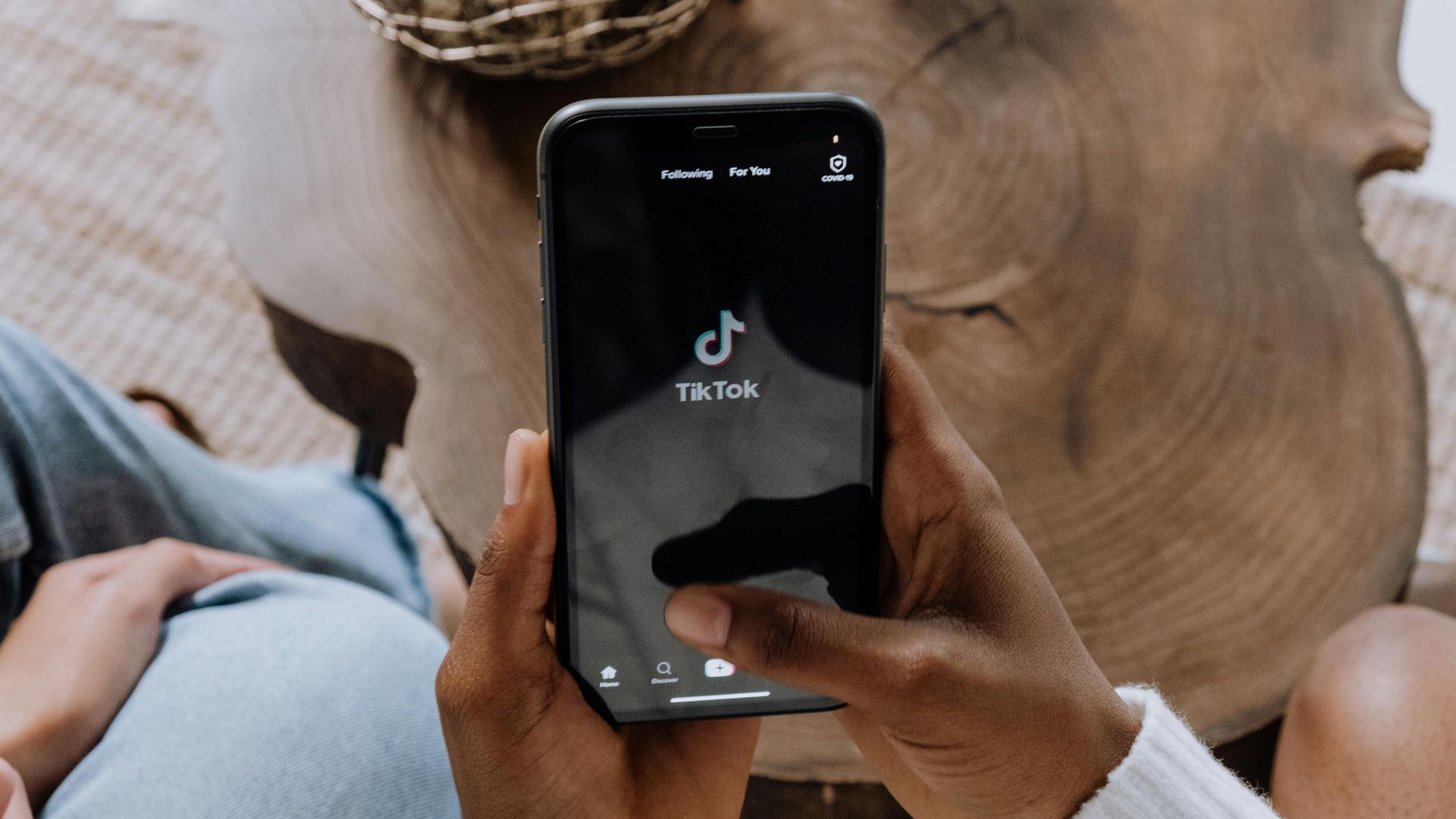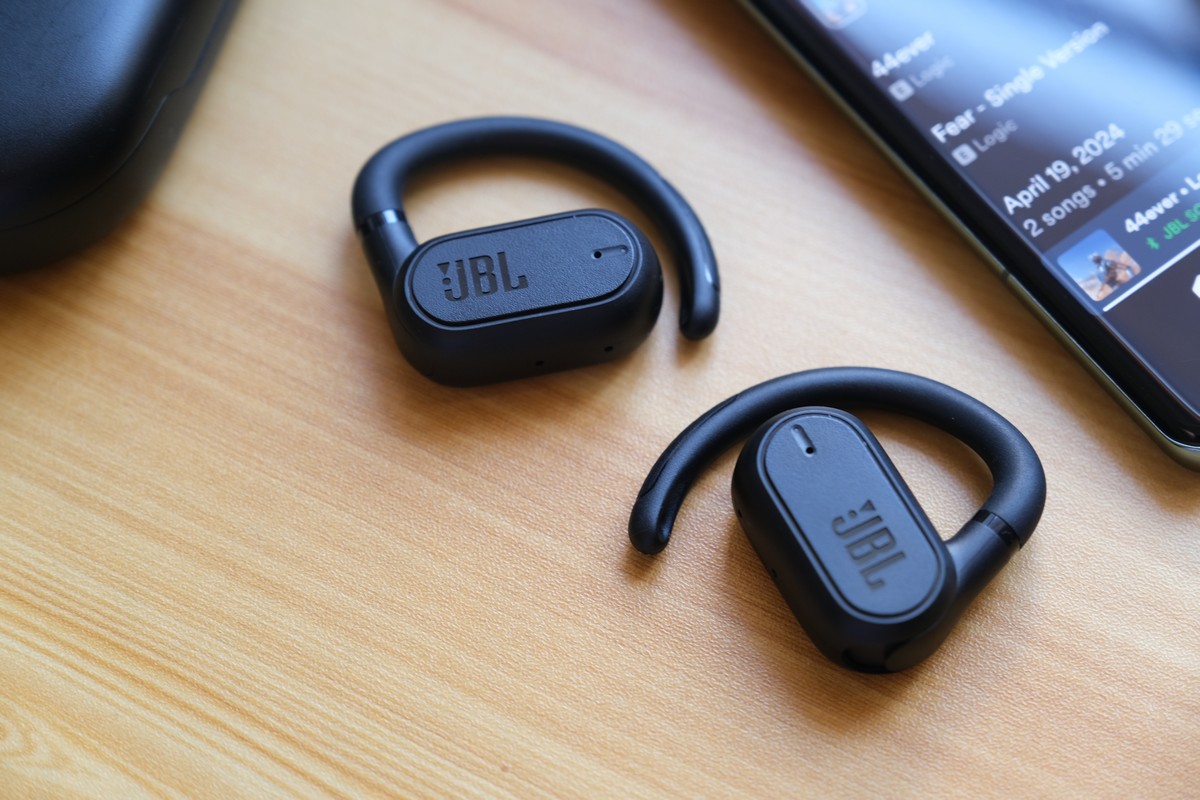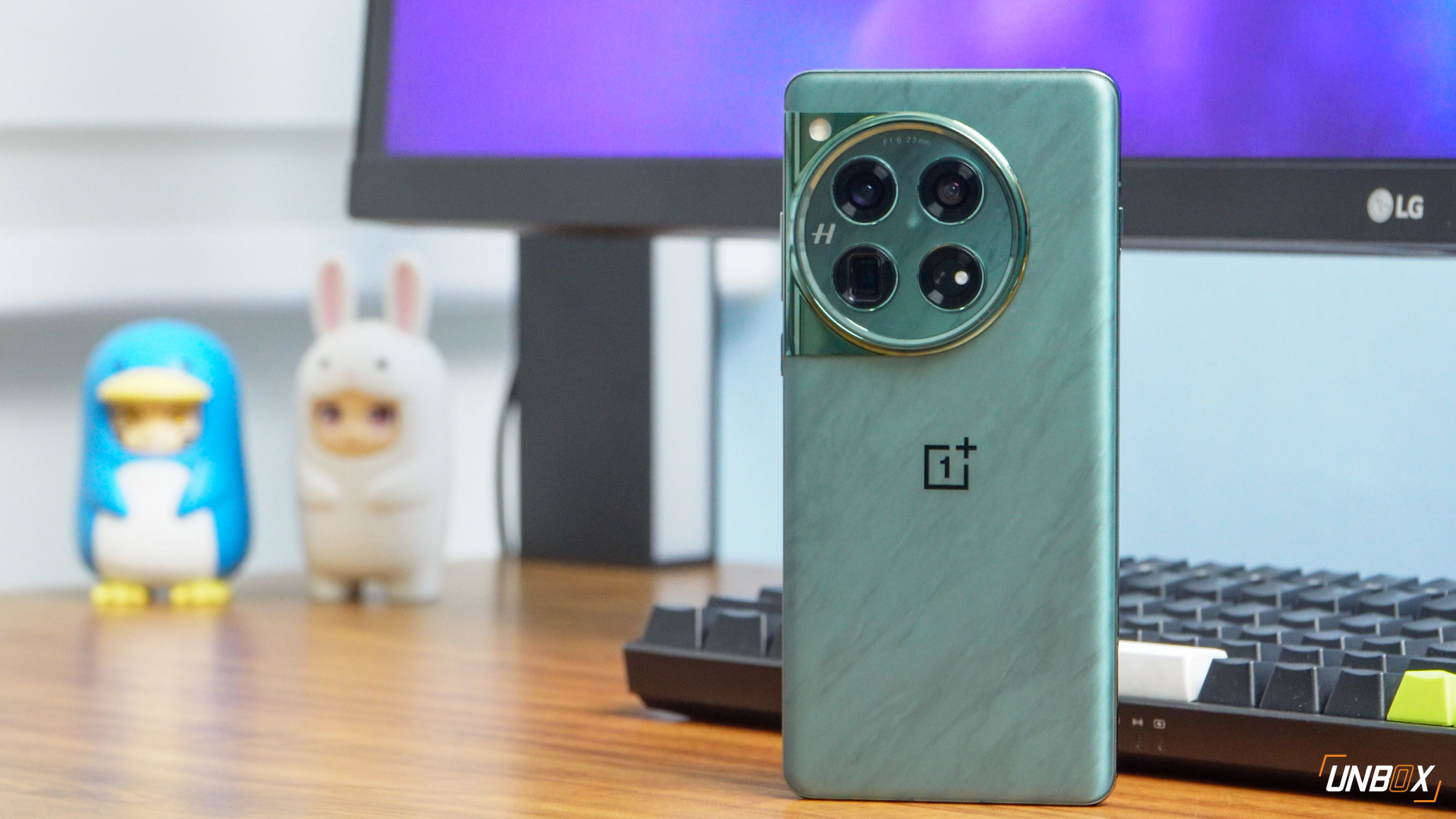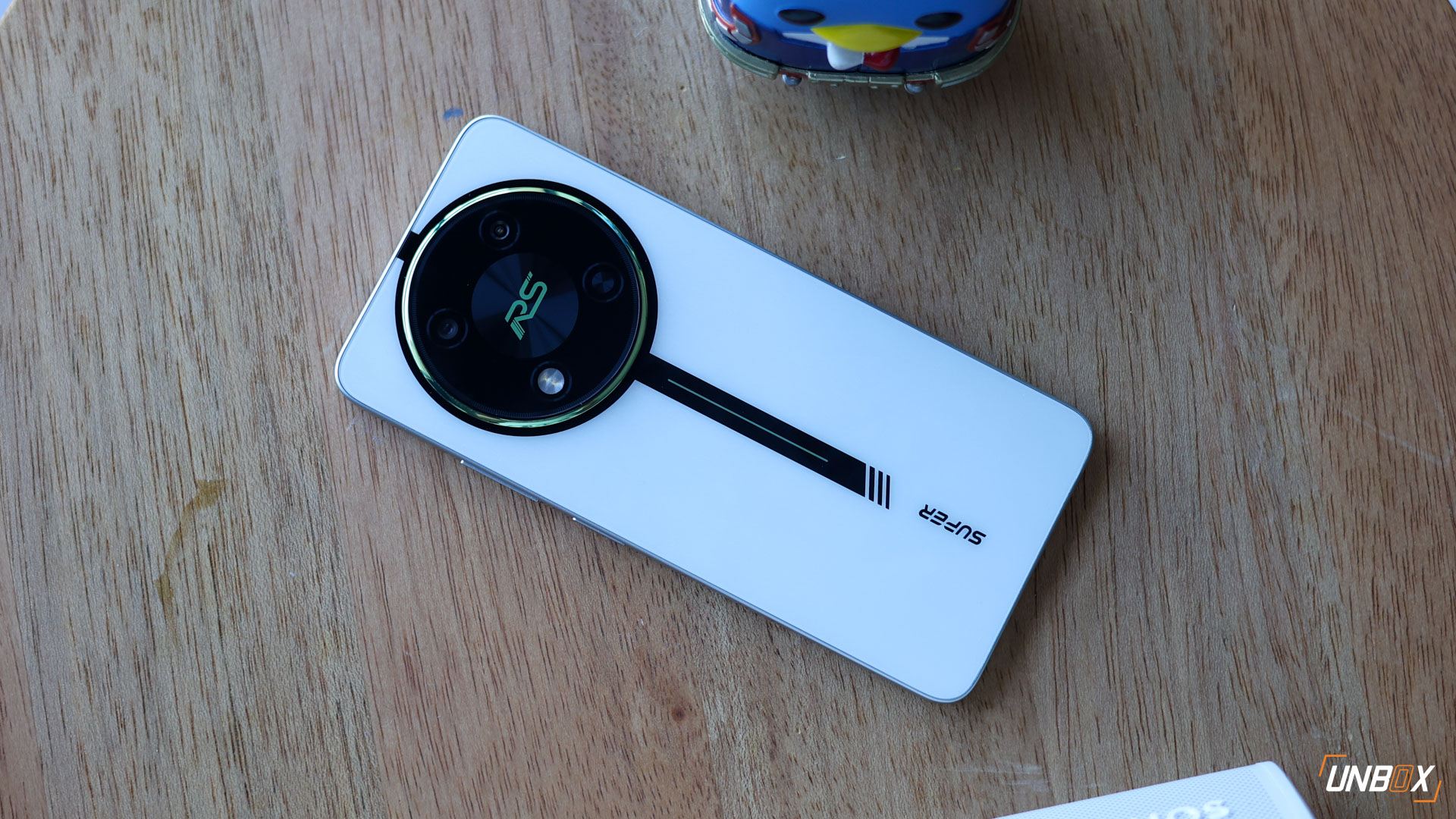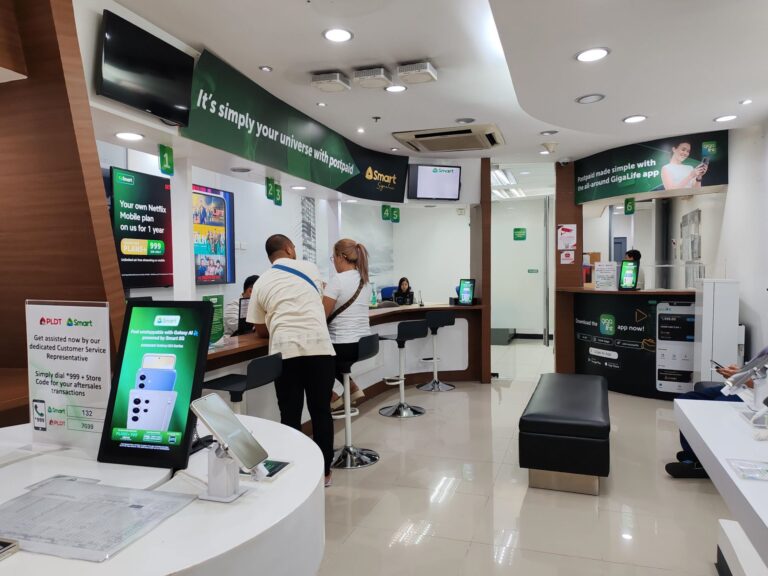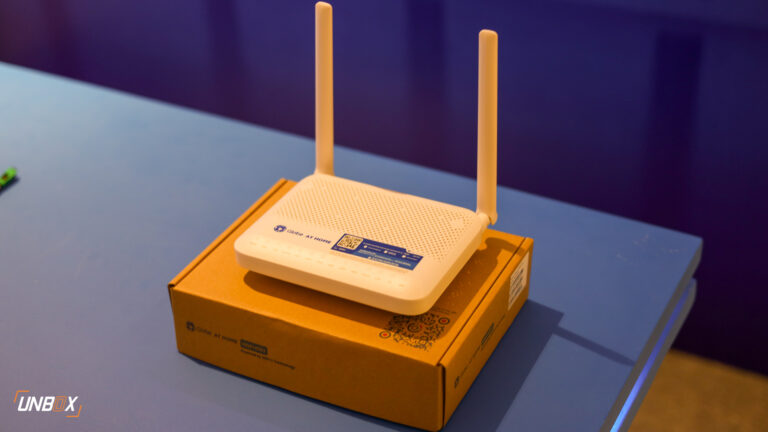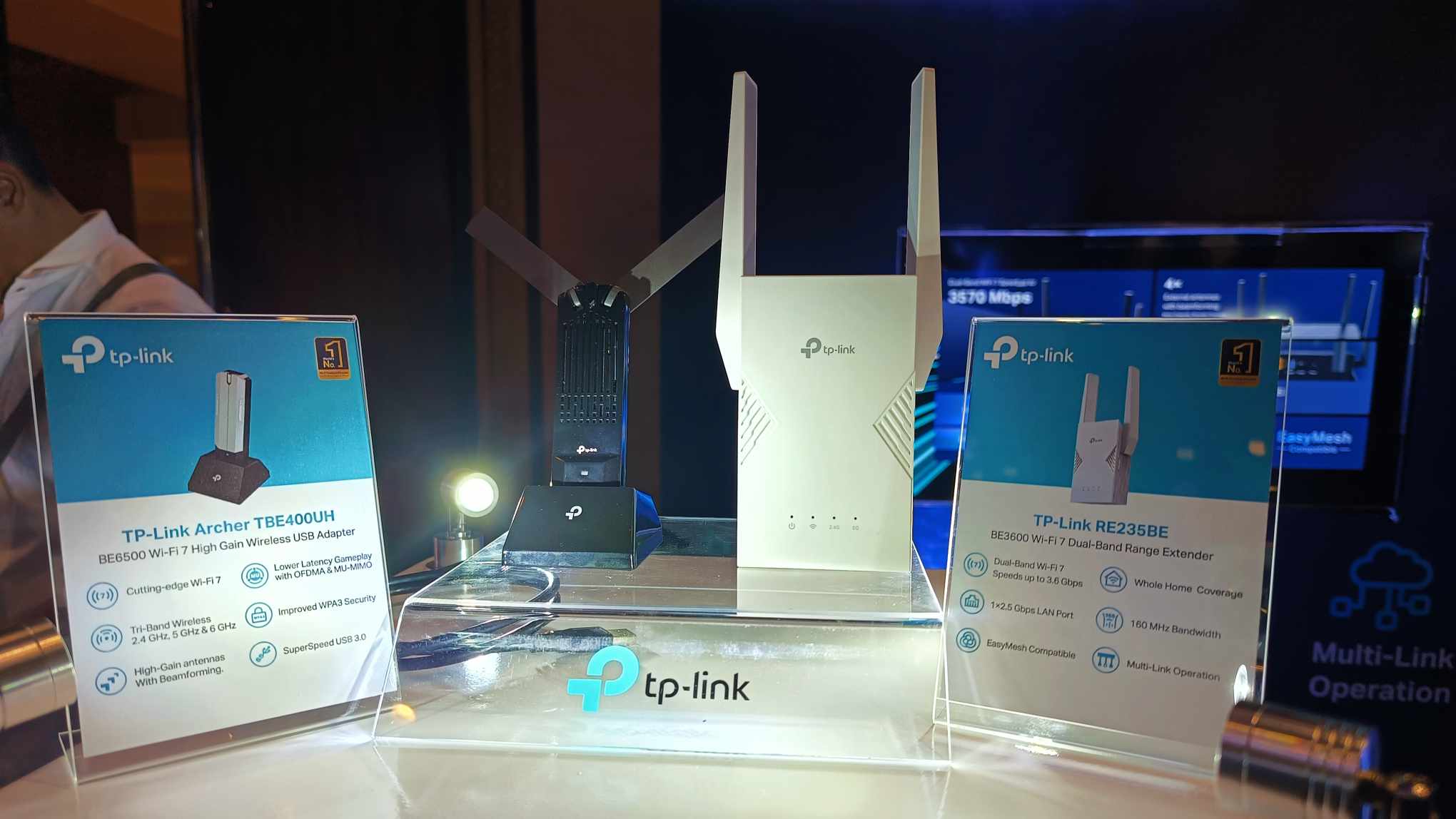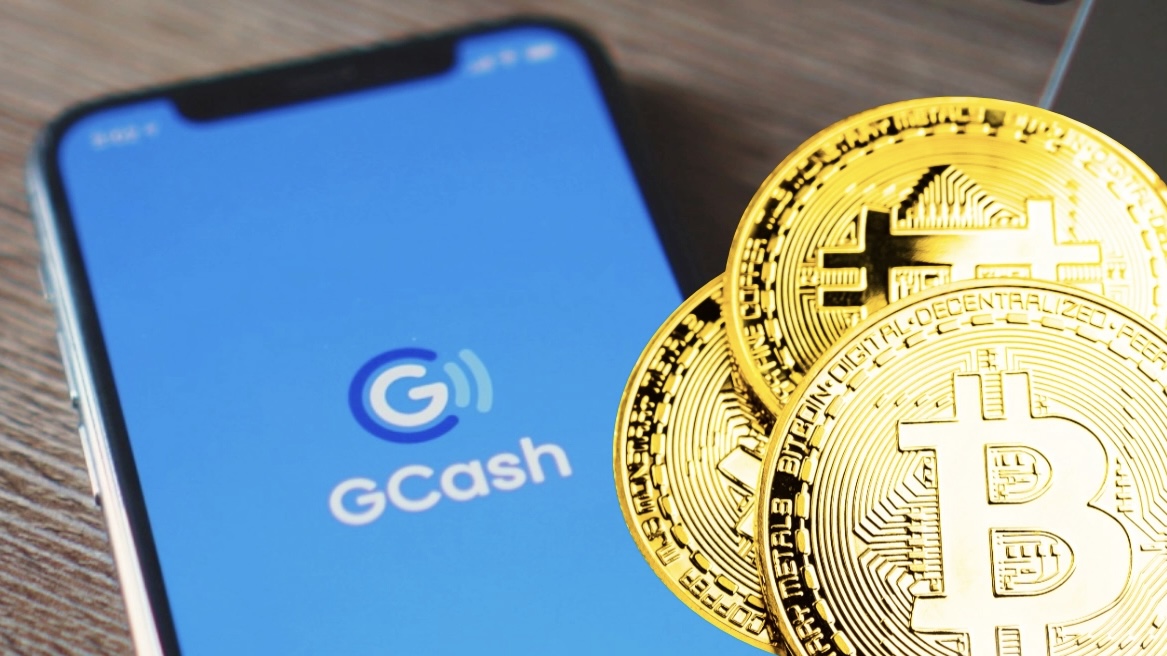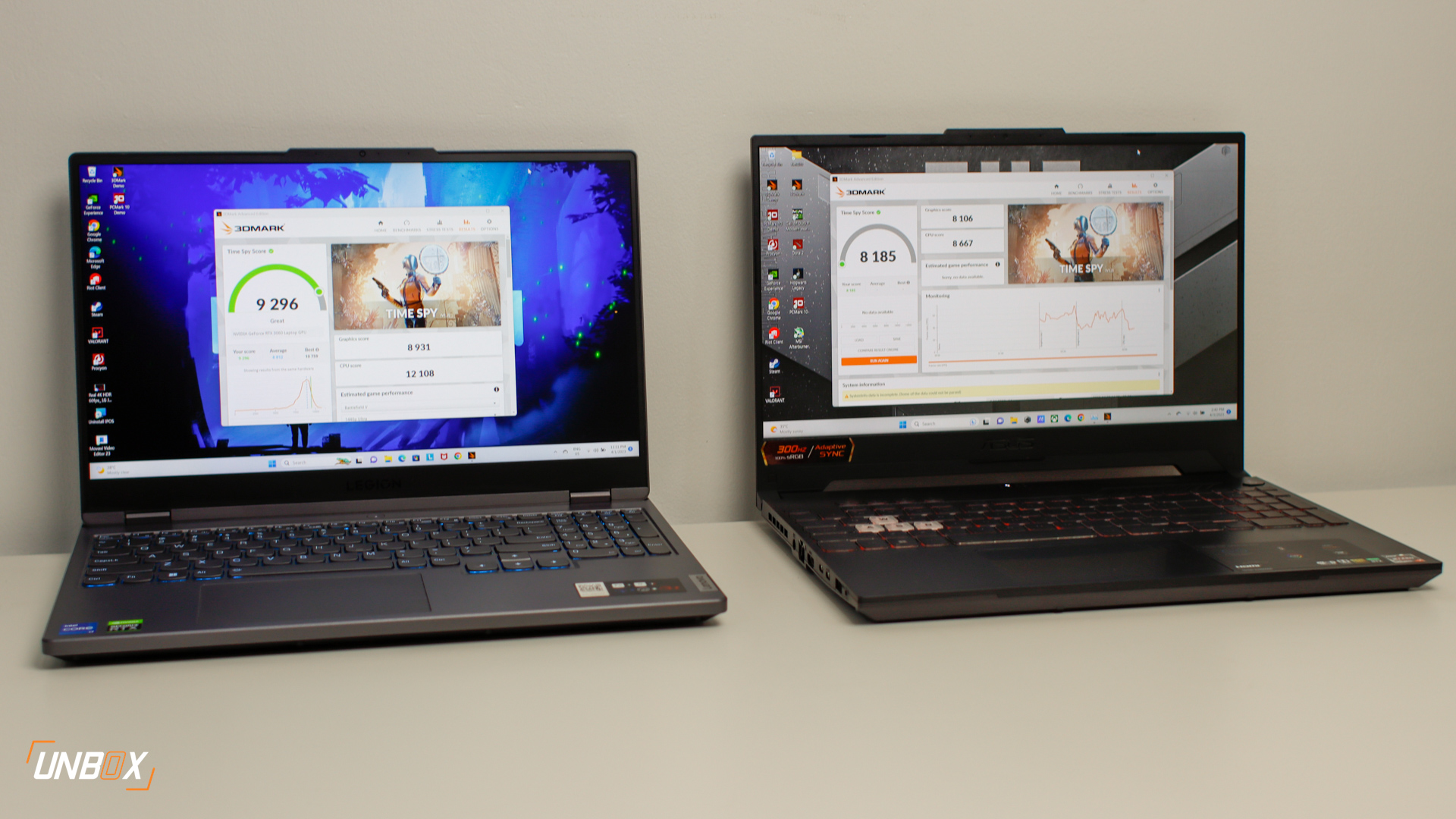
As we become less dependent on cash and push for a cashless economy, there is also a rise in digital fraud like phishing and credit scams that are looking to victimize unsuspecting members of the population.
In a survey conducted by TransUnion last year, 71% of respondents from the Philippines were targeted by digital fraud attempts via email, phone calls, text messaging, and other online channels within a three-month period beginning in September 2022. Of the targeted respondents, 11% of them fell victim to some form of digital fraud within the same timeframe.
And while the financial sector in the Philippines has been working to beef up its security measures against cybercriminals, everyone should do their part as well. TransUnion has shared a few tips on how to avoid being a victim of digital fraud:

Guard your online information
When using public computers or public WiFi, you should avoid entering any financial information as much as possible, as these public hotspots may contain software that captures passwords or other details upon entry. In addition, always make sure that the web links you are checking always start with “https:”.
Monitor your accounts
Make it a habit to regularly monitor all your financial accounts and check for any suspicious activity. In that regard, it’s a good idea to activate transaction alerts so that you are informed of any movement with your accounts–and to help you catch any unauthorized transactions quickly.
Enable multi-factor authentication
Multi-factor authentication is an important feature that adds a layer of protection by asking you for a one-time password or biometrics like face or fingerprint before logging into a website or using a service. Multi-factor authentication is helpful in repelling fraudsters from doing fraudulent activity to your accounts.
Think twice about sharing information
With most phishing scams usually coursed through email, always make sure to double-check the contents. Was it sent from a public email domain? Is the domain name or message misspelled? Is it poorly written? These are telltale signs of phishing. Being able to identify these signs is a big help in keeping you and your financials safe.
Check your credit report
Credit reports are important as they you details about your credit history and credit status. They are also essential in tracking any potentially fraudulent activity. Should you need one, you can request for a credit report from TransUnion Philippines here, which will cost you only Php 200.
Implement fraud detection tools
Having fraud detection tools can help you catch fraud before it affects your bottom line. Aside from credit reports, TransUnion Philippines also offers TruValidate–a host of solutions that work by using data and analytics to stop fraud as it happens. These solutions include identity proofing to validate consumers with confidence, risk-based authentication to verify consumers with ease, and fraud prevention to identify risky transactions and fraudulent devices in real-time.
Report suspicious activity
If you think you may have fallen victim to any form of financial fraud, make sure to contact your bank as soon as possible, so that you have better chances of recovering your hard-earned funds.
(Related: What To Do When You’ve Been Scammed Via GCash)




